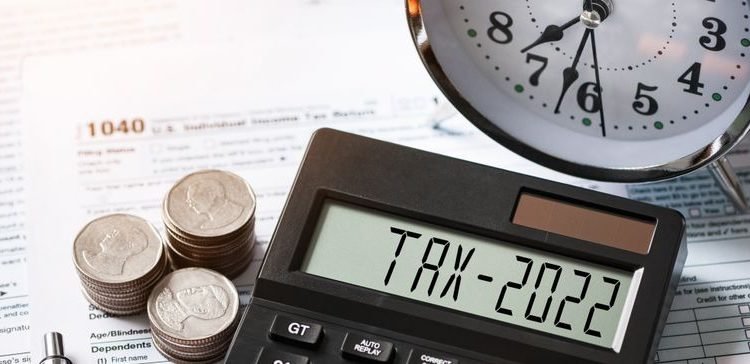ad_1]
Greg Engel, vice chair of tax at KPMG, oversees a staff of greater than 10,000 tax professionals and companions throughout a variety of tax disciplines, together with federal, worldwide, state, native and specialty practices. Views are the writer’s personal.
The tax occupation is on the cusp of a significant transformation. But, a majority of C-suite executives appear to be lacking alternatives to drive actual worth by not leveraging tax information or harnessing expertise to its full potential.
That is particularly evident on the heels of serious tax and local weather reform introduced on by the brand new Inflation Discount Act (IRA), and the continuing negotiations on the Group for Financial Cooperation and Growth (OECD) to overtake international tax coverage. These evolving adjustments current the right alternative for firms to make use of their information to mannequin and state of affairs plan, forecast tax charges, consider whether or not they qualify for local weather credit, and put together for potential tax audits. The failure to make the most of tax information in these methods will considerably restrict a corporation’s skill so as to add worth and, worse, put the group prone to being left behind.
Knowledge: the following tax frontier
This week KPMG launched the findings from its annual report, “Tax Reimagined: Perspectives from the C-suite,” which surveyed 300 C-suite executives at firms with greater than $1 billion in income. The survey explores the altering tax occupation and uncovers the elements essential to efficiently compete within the twenty first century, corresponding to the power to prepare, analyze and synthesize information.
In our 2021 version of the Tax Reimagined survey of C-suite executives, 73% of respondents admitted their organizations didn’t know use tax information in a forward-looking manner. One 12 months later, there hasn’t been constant or adequate progress. In 2022, whereas the majority of our respondents claimed to leverage tax information usually to navigate crucial enterprise actions, we discovered that few leaders have been really doing so. For instance, 52% of the respondents stated they’re not utilizing their information to scenario-plan round tax coverage adjustments; 64% usually are not leveraging tax information to align with ESG technique; and 64% usually are not leveraging tax information to establish tax credit. These are some examples of areas the place many tax departments may lean into their tax information to deliver larger worth to their organizations and increase their backside strains.
Who runs the information engine?
So why aren’t firms doing extra to mine the diamonds present in tax information? An organization’s information is each huge and sophisticated, they usually want tax expertise with the appropriate abilities and instruments so as to use that information in a significant manner. Usually, company tax departments are very lean, and the return on funding (ROI) for placing extra {dollars} behind rising tax applied sciences isn’t definitely worth the return. That is why leaders ought to think about a managed providers strategy, working with firms who concentrate on information administration methods, expertise and tax.
One other resolution to the issue is for leaders to establish the abilities gaps that exist in-house and put money into upskilling their expertise. Leaders ought to ask themselves whether or not they’re hiring and coaching people who can push the occupation to modernize. Our survey discovered many leaders expressing problem in recruitment and retention, and 53% stating the recruitment of recent expertise with the appropriate talent set as the first problem. Moreover, 70% of respondents stated cloud, D&A, analytics and visualization instruments are probably the most related for his or her tax expertise to know and use. That stated, we proceed to see leaders preferring to rent tax specialists who can study expertise somewhat than technologists who may study tax.
The C-suite’s aggressive edge
As tax departments and their organizations face growing complexity and fast-evolving challenges, they need to perceive that tax information is each highly effective and predictive. And, if harnessed accurately, that information may help leaders see across the nook and make a constructive affect on the path of all the group. I’m assured that the tax departments in a position to capitalize on the hidden gems discovered inside their tax information would be the ones that win the race within the market.











